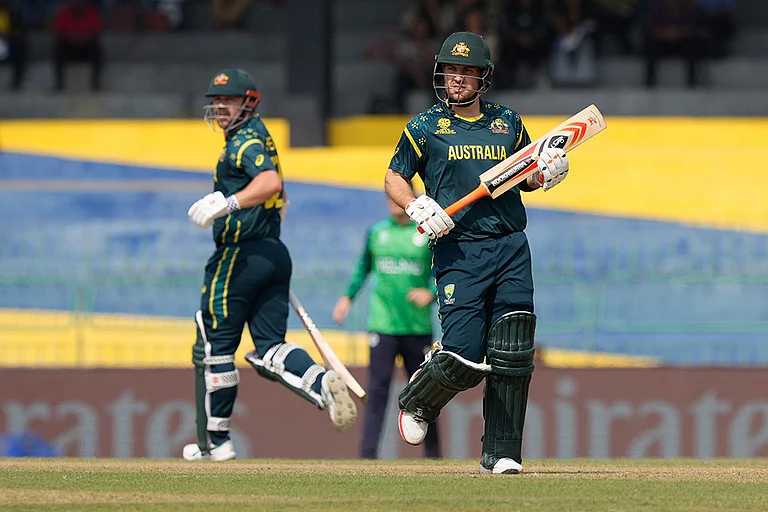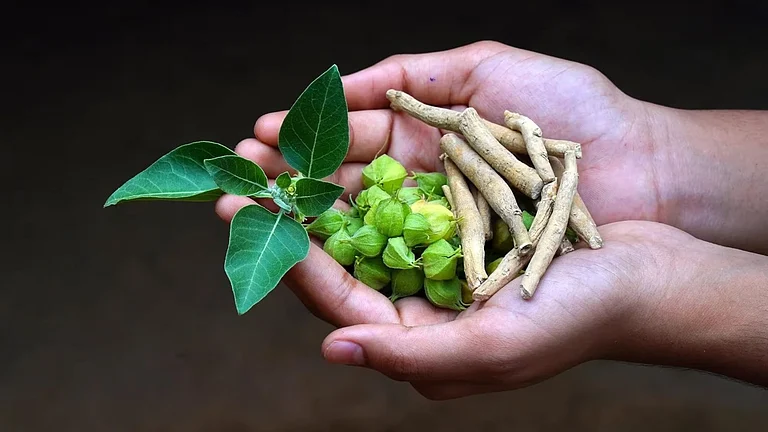The idea for Project Solace came three years ago while Kamal was working as a research assistant at the capital’s All India Institute of Medical Sciences, a job which involved interaction with spastics and patients suffering from muscular dystrophy. "Even with a fractured bone, we spend so much time wondering what to wear. These souls have to face this problem all their life," says Kamal. "There may have been extensive research in the field of medicines and therapies for the physically-challenged. But none of them have addressed their fundamental needs," says Sanjiv, Kamal’s husband and chairman of the project. Good intentions apart, the couple was careful not to launch the project in haste. To begin with, Kamal did a course in fashion garment technology from the Small Industries Service Institute of the ministry of industry. The infrastructure and machines for the enterprise were managed through a loan from the Delhi Finance Corporation. And to sustain the project, they also take orders for hospital, industrial and hotel apparels, an added income which comes in handy for research and development of special adaptive garments.
One of the aims of Project Solace is to make "scientifically-designed outfits based on the Indian principles of vastra vigyan", which implies a perfect coordination of the fabric, colour and the design. "The clothes need to be functional, comfortable and aesthetically-pleasing as well," says Kamal. Suitable fabrics are used to make the garments skin-friendly. Care is taken to make use of different cotton blends as well as treat the fabrics with anti-microbial agents to help ease problems like bed-sores. The couple also interacts with experts in medical textiles to source the latest fabrics like lycra or bio-cotton.
And then the fittings. Through computer-aided designs, the clothes are fitted to take care of essentials like the magnitude of bone deformity. Three-dimensional measurements are used to make the space required to move the deformed part of the body. Value addition comes in the form of accessories like velcro and easy-to-handle zippers. For a person wearing callipers, it takes his body posture into account and care is also taken to help ease the screwing and unscrewing of the nuts and bolts of the callipers. A natty shirt for a bed-ridden patient opens up into a sheet on which you could just roll him on. "For people with restricted mobility, we try to offer some degree of freedom," says Sanjiv.
The workstation for the project is called Inch Tape, a sampling and designing unit where the Saxenas undertake designing, sampling and fabrication of apparels with the help of a tailor. They have developed an entire productline under the label Lots of Life. The range was selected by the Indian Trade Promotion Council and the Department of Scientific and Industrial Research for display at the Delhi international trade fair in November last year and won the Excellence in Technology award. Their work was also displayed in Paris in June this year at Autonomic, a technical trade fair catering specifically to the needs of the handicapped.
While the prototype development and creation of garments is in place, the couple is also aiming to mass produce with the help of corporate support. They hope the government also steps in to offer rebates for exporting their garments. If the project succeeds, the Saxenas want to move on to developing special range of utensils and toiletries for the physically-challenged. "The handicapped have a strong willpower," says Sanjiv. "They need our active support, not just plain sympathy." For more details, contact: Project Solace, 13, Block 2, Dakshin Puri, New Delhi—110062. Phone: 011-4961655, 4961656, 4698892.




















